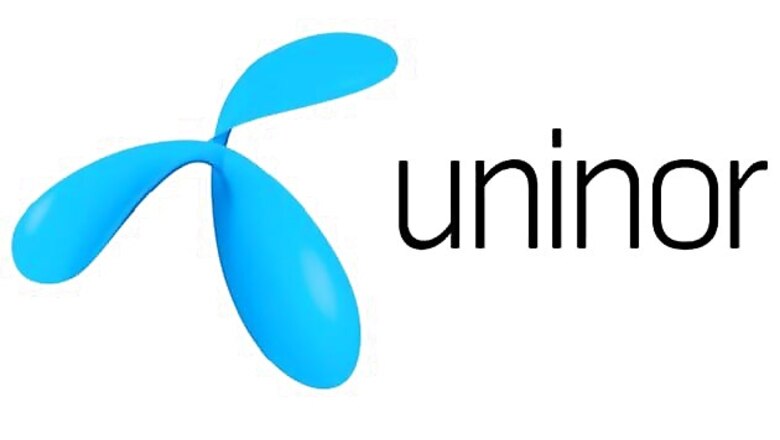
views
New Delhi: Sistema Shyam TeleServices Limited (SSTL) and Uninor on Friday moved the Supreme Court seeking a review of the verdict canceling its licenses for 2G spectrum allocated during the tenure of former Telecom Minister A Raja.
The apex court had by its February 2 judgement cancelled 22 and 21 licenses of 2G spectrum of Uninor and SSTL respectively.
In the review petition, while SSTL said it is being unfairly penalized for acting in good faith and in reliance on the appropriateness of the procedures established by the government, Uninor pleaded the order would have adverse consequences for its license holders and stakeholders.
SSTL, which operates under the MTS brand, sought reconsideration of the February 2 judgement delivered by a bench of justices GS Singhvi and AK Ganguly (since retired) contending it was the only operator to have applied for a Pan-India CDMA spectrum in 2008 and there is no finding or suggestion by the CAG report against it.
Uninor said the order cancelling its licences were taken on the ground that award of licenses was unilateral, arbitrary and capricious but it was a collective decision by key people in the government for granting the start-up spectrum within the entry fee of Rs 1658 crores.
Uninor, in a statement, said the adverse impact of the judgment is on the telecom firm which had nothing to do with either the policy or its implementation.
It said Norway-based Telenor had invested Rs 6100 crore in Uninor after taking all requisite approvals required for such investment, including the approval from Foreign Investment Promotion Board (FIPB) and CCEA, adding the review petition should be heard in an open court.
The apex court had canceled the 122 2G licences for 2G spectrum for 22 circles granted during the tenure of Raja by declaring it as "illegal" and blamed the government's flawed first-come-first served policy.
While three telecom companies, including Unitech Wireless Group which is a partner in Uninor, were imposed heavy cost of Rs Five crore each, others, including SSTL, was directed to pay a cost of Rs 50 lakhs each as the court had held that they were benefited by a "wholly arbitrary and unconstitutional" action of award of licenses to them.
The apex court had said the allocation of the 2G spectrum under Raja was "wholly arbitrary, capricious and contrary to public interest apart from being violative of the doctrine of equality" to "favour some companies at the cost of the public exchequer".
The verdict had said the Centre adopted a wrong policy of first-come-first served in allocating the "scarce" resource at a "throw-away price" to "favour" some corporates.
















Comments
0 comment